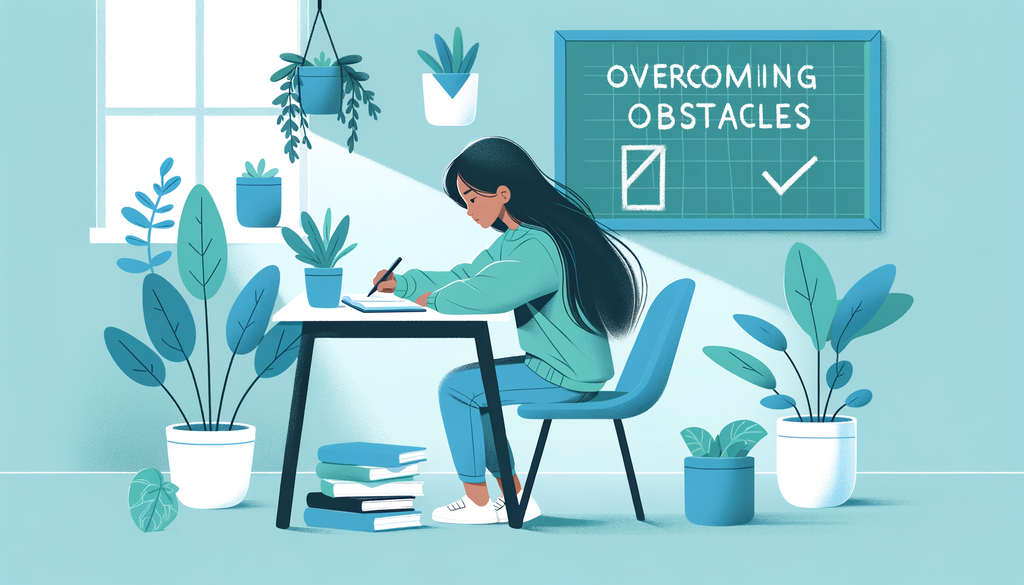Overcoming Obstacles: Therapy Options for Diverse Learners

Overcoming Obstacles: Therapy Options for Diverse Learners
The world of children with diverse abilities can be complex. These children may be identified as gifted, or they might have special needs that create hurdles in their learning journey. As a parent or caregiver, you might feel overwhelmed by an array of therapeutic choices available in today’s specialized learning landscape. But fear not. This comprehensive guide is here to walk you through the key therapeutic approaches available, to help you make an informed choice for your unique child.
Understanding Your Child’s Needs
Before we delve into therapies, let’s first understand the context. In our previous posts, we have discussed recognizing signs of giftedness (Recognizing Giftedness in Young Children), strategies for handling emotional outbursts in special needs kids (Managing Meltdowns: Strategies for Parents), and the development and implementation of an Individualized Education Program (IEP) (Understanding the IEP Process). But, understanding your child’s specific needs is the first crucial step in deciding the appropriate therapy.
Therapy Options: A Closer Look
Therapy selection is highly dependent on identifying the specific problem areas your child may struggle with. It can help to consider what your child finds challenging and what they naturally thrive on when looking at prospective therapy solutions.
Cognitive Behavioral Therapy (CBT)
Considered the gold standard in psychological therapy, Cognitive Behavioural Therapy (CBT) can be particularly useful for children with attention deficit hyperactivity disorder (ADHD), anxiety, depression, and certain behavioral disorders. With the aid of a specially-trained therapist, the child learns to identify and change negative thought patterns, subsequently influencing behaviors in a positive way.
Speech and Language Therapy
For children with speech or language delays, which can often co-occur with conditions like Autism Spectrum Disorder (ASD). These therapies are tailored to the individual child’s needs and can also include non-verbal communication strategies for those unable to vocalize their thoughts or feelings.
Occupational Therapy
This therapy is aimed at kids struggling with everyday tasks or “occupations,”— from handwriting, dressing, self-feeding to more complex responsibilities. Children with severe ADHD, learning disabilities, ASD, to name a few, can hugely benefit from this type of intervention.
Physical Therapy
For individuals with physical disabilities or coordination problems, physical therapy methods can improve motor skills, balance, and strength. Trained therapists make use of play activities, specialized equipment, and exercises to help children achieve improved physical function.
Which Therapy is Right for Your Child?
Making a choice about which therapy approach to undertake will largely depend on your child’s unique needs. Working with a multidisciplinary team that includes your child’s educators, doctors, and therapists can assist in making an informed decision. Also remember to involve your child in the process as much as possible, as their comfort and motivation are vital to the therapy’s success.
Explore your options, seek advice via our community (Finding the Right Community for Special Needs Families), and remember that the goal of these therapies isn’t just about overcoming obstacles, it’s also about celebrating your child’s unique abilities.
Looking Ahead: Holistic Support
Overcoming obstacles is not just about special therapies. It’s a holistic approach that also involves adaptive educational technology (The Best Apps for Special Education), financial planning (Financial Planning for Special Education Needs), and fostering creativity and leadership in your child (Nurturing Leadership in Gifted Children).
Special therapy is just one powerful tool in the toolbox to help your child reach their fullest potential. Hand-in-hand, with love and patience, let’s journey through this extraordinary learning landscape for our extraordinary children.